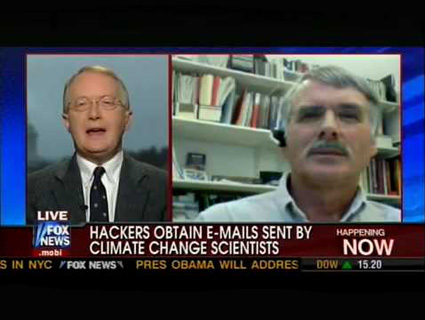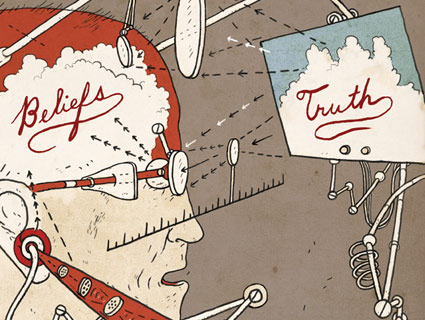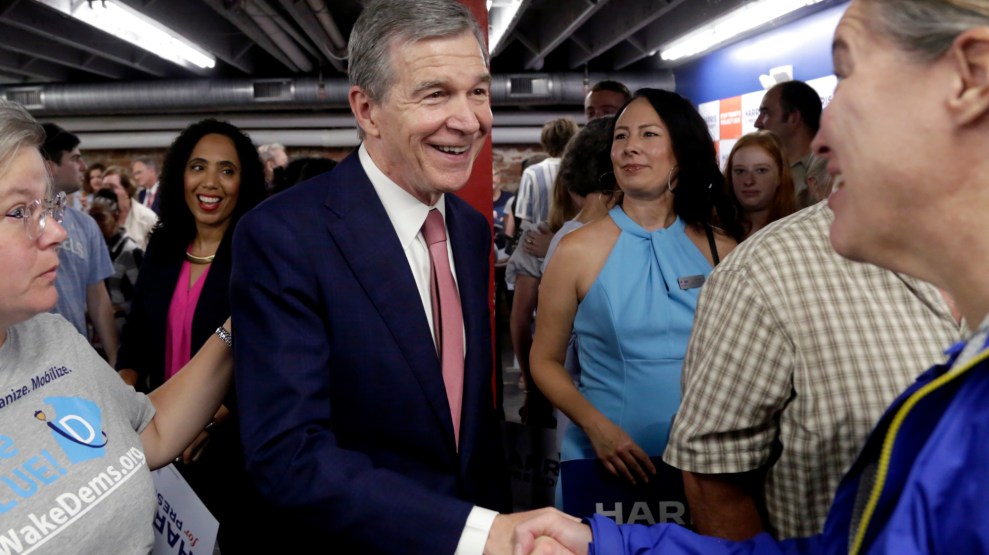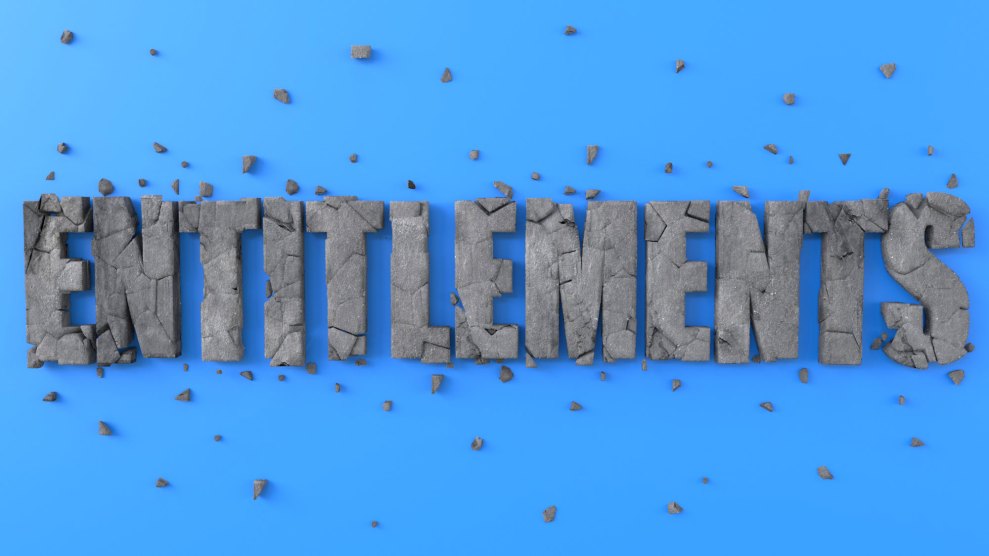
Screenshot: Fox News
Read also: The truth about Climategate, and why we don’t believe science.
From the “hockey stick” graph to the hottest decade on record, a timeline of how Climategate really went down.
|
1988 |
NASA scientist James Hansen tells Congress the agency is “99% certain” record-high global temperatures are due to human activity. |
|
1990 |
The UN’s Intergovernmental Panel on Climate Change (IPCC) releases its first report (PDF), predicts that without a significant decrease in greenhouse gas emissions, the world will warm 0.5 degrees Fahrenheit per decade in the 21st century. |
|
1997 |
World leaders adopt the Kyoto Protocol, which the US later refuses to ratify. |
|
1999 |
Michael Mann introduces the now-infamous “hockey stick” graph. Global warming worries 3 in 10 Americans a “great deal.” 1990s confirmed as hottest decade in history. |
|
JULY 28, |
Sen. James Inhofe (R-Okla.) calls global warming “the greatest hoax ever perpetrated on the American people.” |
|
NOVEMBER |
Mining consultant Stephen McIntyre and economist Ross McKitrick publish a critique of Mann’s hockey stick (PDF), the first in a series of climate audits. |
|
2004 |
Mann and a NASA climate modeler launch RealClimate, a blog “by working climate scientists.” |
|
2005 |
McIntyre debuts Climate Audit, a skeptics’ blog, and publishes a second critique of Mann. The Wall Street Journal runs a front-page story, prompting House Republicans to launch an inquiry into Mann’s research (PDF). |
|
2006 |
An Inconvenient Truth features Al Gore and the hockey-stick graph. It becomes the fifth-highest-grossing documentary in the US to date. 70% of Americans believe the Earth is warming, but are divided on whether humans are the cause. |
|
2007 |
Gore and the IPCC win the Nobel Peace Prize. |
|
2007-’09 |
McIntyre demands data from climate researchers, including those at the University of East Anglia (UEA). One laments that the endless requests are like a “McCarthy-style investigation.” |
|
JUNE |
An unknown hacker attempts to break into the email accounts of five State Department employees who were working on climate change. |
|
NOVEMBER 12-17, |
A hacker breaks into the CRU’s server and steals more than 4,500 emails and documents from Mann and other climate scientists. |
|
NOVEMBER 17, |
The hacker tries to post a link to the emails on RealClimate. Similar links appear on several prominent skeptics’ blogs. |
|
NOVEMBER 19, |
The story jumps from niche blogs to larger conservative echo chamber. Christopher Horner, a fellow at the oil-funded Competitive Enterprise Institute (CEI), calls the scandal a “blue-dress moment” in the National Review. |
|
NOVEMBER 20, |
Phil Jones, who heads the CRU, confirms the email theft. The New York Times, the Wall Street Journal, and NPR run stories quoting portions of the emails. The Telegraph‘s James Delingpole picks up the term “Climategate” from the skeptic blog Watts Up With That? A few weeks later, Rep. James Sensenbrenner (R-Wis.) says the emails are evidence of “scientific fascism.“ |
|
NOVEMBER 21, |
CEI director Myron Ebell accuses scientists of “unethical conniving” in the Washington Post. |
|
DECEMBER 19, |
The UN climate change conference in Copenhagen ends without any major international agreement on how to regulate greenhouse gas emissions. |
|
2010 |
Numerous independent reviews (PDF) conclude the emails were cherry-picked and misconstrued. But half of Americans now believe global warming is “generally exaggerated.” Senate abandons a bill that would set the first-ever mandatory caps on US greenhouse gas emissions. The 2000s replace the 1990s as the hottest decade on record. |
|
2011 |
McIntyre claims UEA is “stonewalling” requests for information on its investigation of the hack. |














